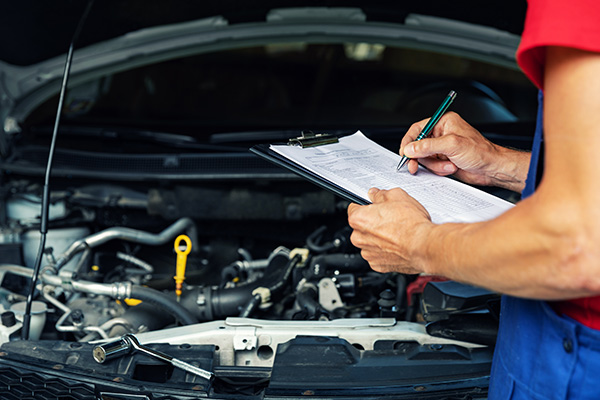
Ensuring road safety is a critical concern for any state, and Virginia is no exception. One of the primary ways Virginia maintains high safety standards is through its rigorous state inspection program. If you've ever wondered how these inspections impact your daily commute or why they're necessary, you're in the right place. We will explain how Virginia's state inspection enhances road safety and why it matters to every driver on the road.
The Purpose of Virginia's State Inspection
Virginia's state inspection program aims to ensure that all vehicles on the road meet minimum safety standards. This program is designed to catch potential issues before they become serious problems, thereby reducing the likelihood of accidents caused by mechanical failures. Regular inspections help maintain the integrity of vehicles, ensuring they are safe for both the driver and other road users.
Key Components of the Inspection
When you take your vehicle for a state inspection in Virginia, several critical components are thoroughly examined. These include:
Brakes and Tires
Brakes and tires are arguably the most crucial safety features on any vehicle. Inspectors check the condition of the brake pads, rotors, and the overall braking system to ensure they are functioning correctly. Tires are inspected for adequate tread depth and overall condition, which is essential for maintaining grip on the road.
Lights and Signals
Properly functioning lights and signals are vital for communication between drivers. Inspectors ensure that all headlights, brake lights, turn signals, and hazard lights are operational. This helps prevent accidents caused by miscommunication or poor visibility, especially at night or in adverse weather conditions.
Steering and Suspension
The steering and suspension systems are inspected to ensure the vehicle handles correctly. Faulty steering or suspension can lead to loss of control, increasing the risk of accidents. Inspectors check for worn-out components and ensure that everything is in proper working order.
Exhaust System
The exhaust system is checked for leaks and proper emissions control. A faulty exhaust system can lead to harmful emissions, which are not only bad for the environment but can also pose health risks to the driver and passengers.
Windshield and Wipers
A clear view of the road is essential for safe driving. Inspectors check for cracks in the windshield and ensure that wipers are in good condition to handle rain and other elements.
How Inspections Improve Road Safety
By addressing these critical components, Virginia's state inspection program plays a pivotal role in enhancing road safety. Here's how:
Preventing Mechanical Failures
Regular inspections help identify and rectify potential mechanical failures before they occur. This proactive approach reduces the likelihood of breakdowns and accidents caused by vehicle malfunctions. For example, a failing brake system discovered during an inspection can be repaired before it leads to an accident.
Ensuring Visibility
Inspections improve communication between drivers and enhance visibility by ensuring that all lights and signals are functioning correctly. This is particularly important in low-light conditions and during adverse weather, reducing the chances of collisions.
Maintaining Control
A well-maintained steering and suspension system ensures that drivers can maintain control of their vehicles. This is crucial for avoiding accidents, especially when making sudden maneuvers to avoid obstacles or during emergency braking.
Reducing Environmental Impact
Properly functioning exhaust systems reduce harmful emissions, contributing to cleaner air. This not only benefits the environment but also ensures that vehicles are operating efficiently, further reducing the risk of breakdowns.
Compliance and Enforcement
Virginia's state inspection program is not just about maintaining vehicle safety but also about compliance and enforcement. By ensuring that all vehicles meet safety standards, the state can enforce regulations that keep unsafe vehicles off the road. This compliance is enforced through regular inspections and penalties for non-compliance, creating a safer driving environment for everyone.
The Role of Vehicle Owners
While state inspections are crucial, vehicle owners also play a vital role in maintaining road safety. Regular maintenance and prompt repairs of identified issues are essential. Owners should not wait for the annual inspection to address potential problems; instead, they should be proactive in keeping their vehicles in top condition year-round.
The Future of Vehicle Inspections
As technology advances, the future of vehicle inspections is likely to evolve. With the advent of electric and autonomous vehicles, inspection criteria may shift to include new components and systems. However, the core objective will remain the same: ensuring that all vehicles on the road are safe for operation.
Stay safe on the road. Contact Auto Rescue for expert vehicle inspections and maintenance services. Your safety is our priority!